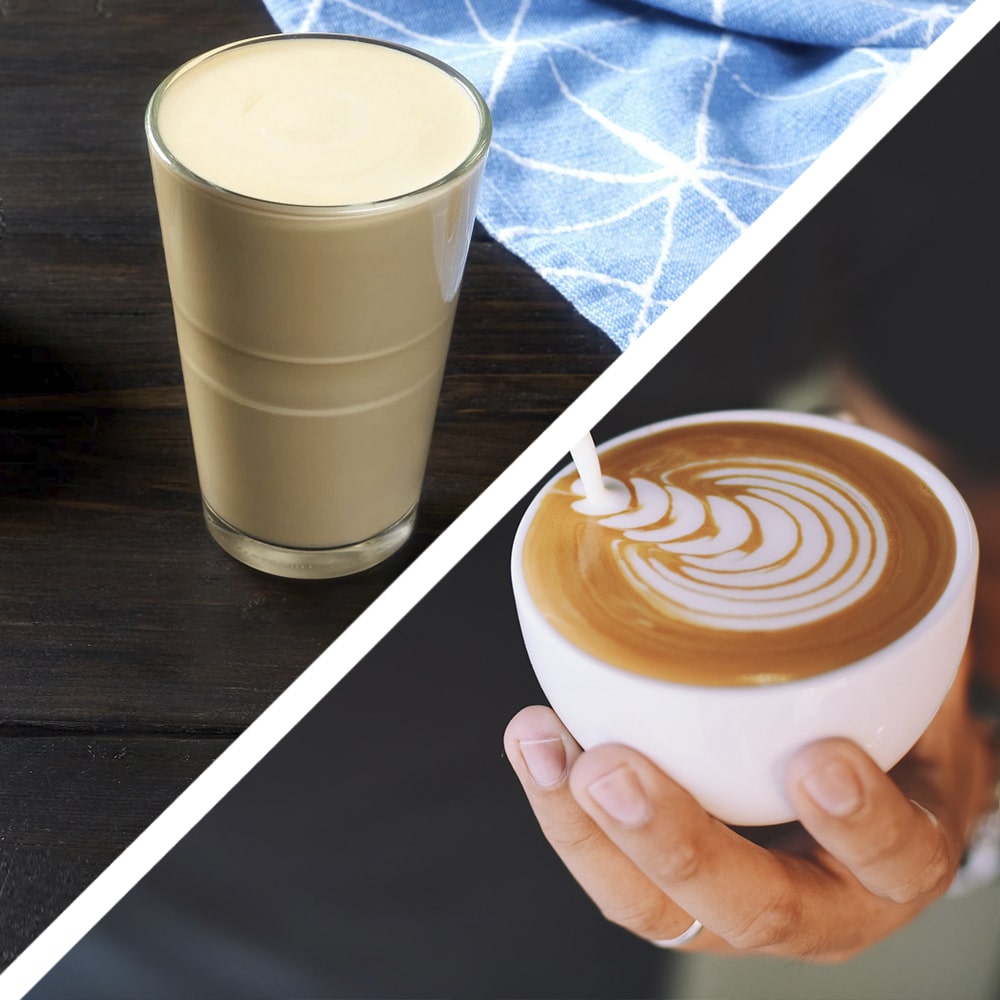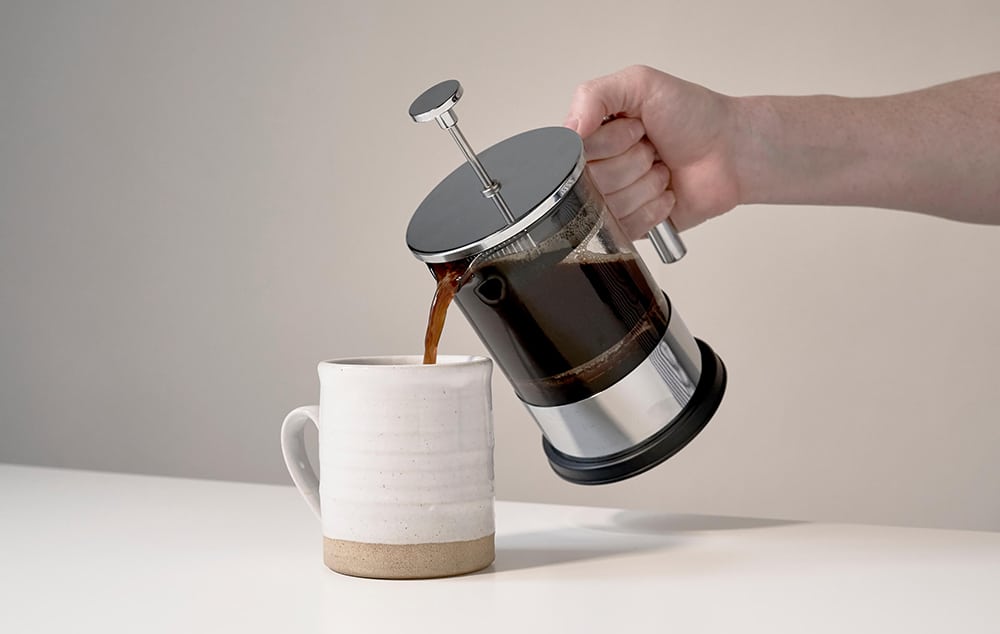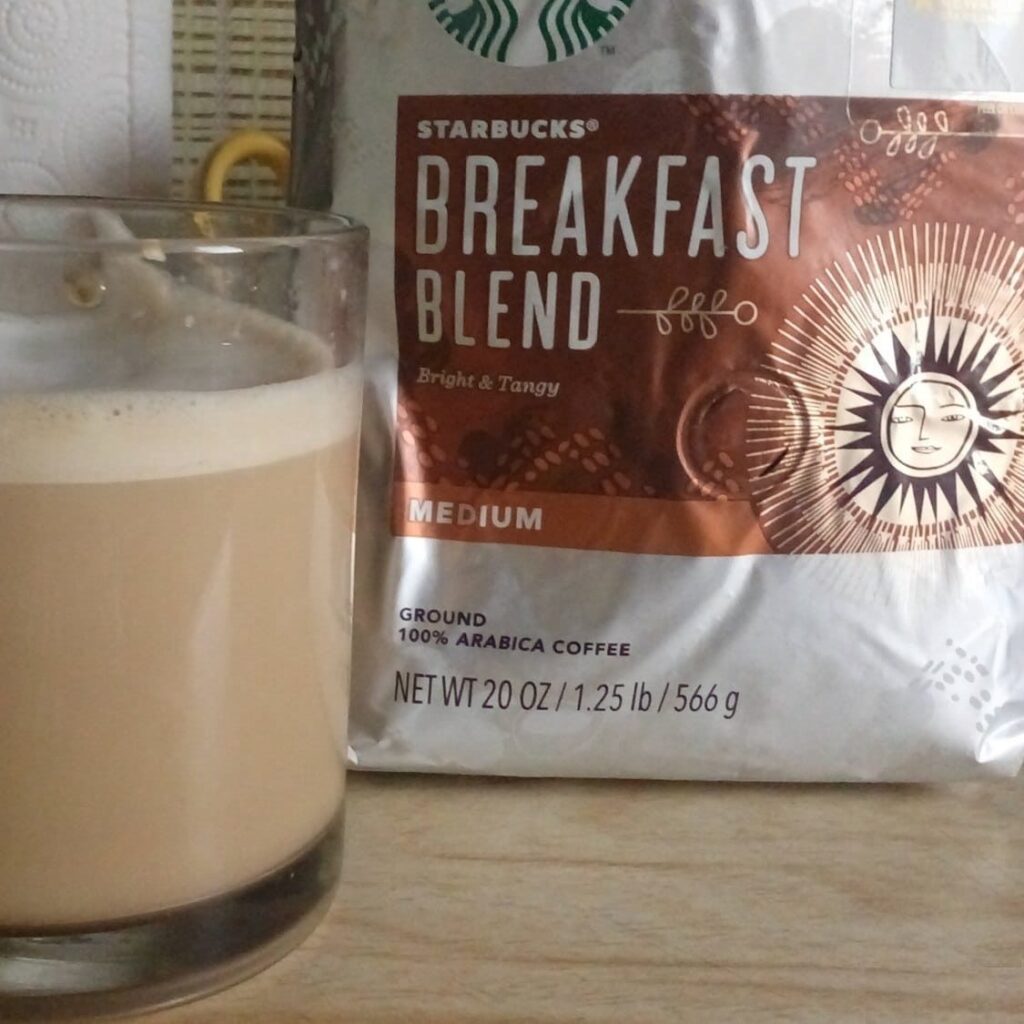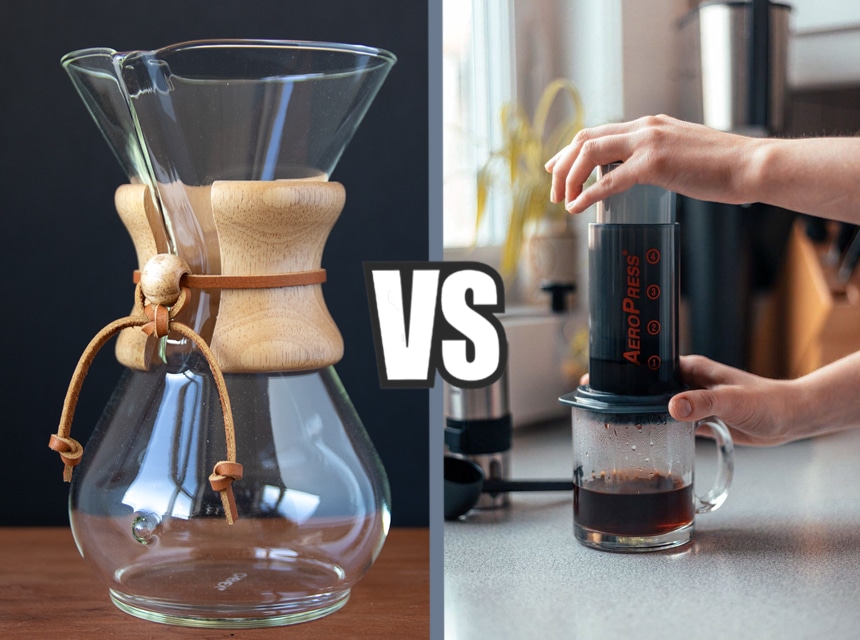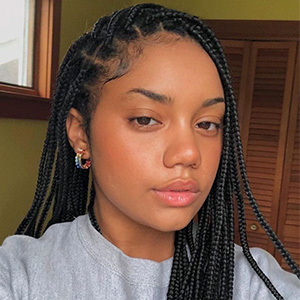

Coffee vs energy drinks has been an enthusiastic debate since energy drinks started gaining popularity in recent decades. Caffeine is also known as brew, perks, energy, go-go juice, and bean juice is how nearly every person starts their day. For many people, it’s something they live on regularly. Caffeine provides mental clarity and strengthens focus that helps a day go by smoother.
Whether it’s a Monster energy drink during a 9 am lecture or sipping on a delicious mug of 100% decaf Arabica coffee right after shift change in the emergency room, caffeine is there. Everyone typically has a preference when it comes to coffee vs energy drinks, but what are the actual significant differences between coffee and energy drinks? What makes one better than the other?
When one needs a pick me up to avoid tiredness, fatigue, brain fog, or distractions, one can reach for so many different drinks. Coffee and energy drinks are the two drinks known for their caffeine kick. However, these two drinks are as different as can be.
Between coffee and energy drinks, energy drinks are seen in a much more negative light. Coffee, on the other hand, is seen as almost traditional in a sense.
Coffee is a standard across the world. Coffee is an excellent beverage for any occasion, whether summer or winter, formal or casual. Some of the best travel coffee makers or packages like the Caffeinated On-The-Go Starter Set make it simple to create a personalized drink on the go based on taste and health preferences.
Regardless of the preference for lattes, Frappuccino’s, macchiatos, mochas, or even simple black coffee, there’s both a good and a bad side to a cup of coffee. It has been under quite a lot of scrutiny over the past decades.
Energy Drinks are a trendy way to get caffeine quickly and deliciously. These drinks, in particular, are popular with Young adults between the ages of 12 and 24. Trusted Source Consumption of Caffeinated Energy Drinks Among Youth and Young Adults | ScienceDirect The growing market for caffeinated energy drinks (CEDs) has caused concern about excessive caffeine intake and potential adverse effects, particularly among young people. www.sciencedirect.com Over recent years, energy drinks have gotten quite a lot of examination.
Regardless of the preference for Red Bull or Starbucks; Monster or Folgers; or Rock Star or Tim Hortons, there are other differences when it comes to coffee vs energy drinks.
When it comes to coffee vs energy drinks, there’s a lot of aspects to look at. Both drinks have different impacts on one’s health. But when it comes to coffee vs energy drinks which is better for waking up and which is better for your health.
One defining factor is what is in the drink itself. In the simplest cup of coffee, it’s just that – coffee.
In energy drinks, that’s not the case. Many ingredients give energy drinks their pep, including Caffeine, Taurine, L-Carnitine. Guarana extract. Gluconolactone. B vitamins. Not all of those are harmful, but they can be.
The aspect that makes things usually taste better is sugar. That’s the same thing for coffee and energy drinks. There are many options for sugar-free energy drinks vs coffee drinks without sugar. Depending on the style of both, the sugar content fluctuates.
Make sure to check the nutritional facts on the back of the container or on the menu to determine the sugar content for each drink.
Creating café inspired drinks at home can help limit the sugar content. Coffee makers are a fantastic way to gain more control over the cup of Jo. Coffee Makers make coffee simple to make and enjoy.
On average, coffee drinks have about ninety-five milligrams of caffeine in a cup. a grande cup of coffee from Starbucks contains approximately 225 milligrams of caffeine.
When it comes to energy drinks specifically, it can range from as little as six milligrams of caffeine in decaffeinated 5-hour energy to 242 milligrams in 5-hour extra energy. monster vs coffee caffeine amount is surprising when compared. The average caffeine in a monster energy drink is 120 milligrams of caffeine, with Red Bull following behind with 111 milligrams.
The benefit of both is that there are decaffeinated options. Many popular brands of energy drinks come with low caffeine or even decaffeinated options. Decaffeinated coffee is much more popular with a wide range of brands and styles, from Eight O’clock Whole Bean Coffee to Maxwell House Original Decaf.
Calories for each of the drinks are very dependent on what kind of coffee or energy drink is consumed. Both have options that are high in calories and ones that are low in calories.
Let’s look at the lowest calorie drinks of both categories. Black coffee without any additives is about one calorie per eight-ounce cup. That’s not a lot of calories at all. There are numerous kinds of low-calorie or even-calorie-free energy drink options. Red Bull’s Sugar-free option and Monster’s Ultra both only have ten calories, while red bull zero has no calories at all.
Let’s look at the highest calorie drinks of both categories. With coffee, adding flavorings, sugar, and cream adds to the caloric intake of a cup of Jo. Creamy coffees are some of the highest calorie drinks, with up to 1060 Calories in the case of Dunkin Donuts Frozen Coffee or Starbucks Brown Sugar Shortbread Latte with six hundred Calories.
With Energy drinks, depending on the brand and the flavor, the calorie amount changes. When it comes to energy drinks, the high end isn’t as high as coffees at all. A 16-ounce serving of Crunk only has 544 calories at the higher end of energy drinks.
To start, the health effects of caffeine, regardless of how it’s put into the body, can be immense. The difference between coffee and energy drinks is that energy drinks are known to be more dangerous for one’s health.
There is a difference in health impact depending on the amount and regularity of caffeine consumption. Are coffee and energy drinks healthier to consume daily? The difference between coffee and energy drinks is that coffee has more positive potential for health benefits than energy drinks. Caffeine’s health impacts are increased risks of anxiety, nervousness, and insomnia Trusted Source Coffee | The Nutrition Source | Harvard T.H. Chan School of Public Health Coffee lovers around the world who reach for their favorite morning brew probably aren’t thinking about its health benefits or risks. www.hsph.harvard.edu . Prolonged use of coffee is overall healthier than prolonged use of energy drinks. Harvard Health explains that coffee’s health benefits include limiting risk against heart disease, diabetes, and some cancers Trusted Source Moderate amounts of coffee are the best | Harvard Health Drinking no more than four or five 8-ounce cups of coffee per day—equal to about 400 milligrams of caffeine—helps people get the drink’s health benefits with a lower risk of caffeine side effects like anxiety and nervousness. www.health.harvard.edu .
The health effects of an energy drink versus a coffee are also importantly very individual. Talk to a healthcare professional if there are any worries or concerns about the caffeine intake from either coffee or energy drinks.
There are many differences between coffee and energy drinks, from health impacts ingredients, caffeine amount, and much more. Coffee vs energy drinks compare both the pros and the cons in the below chart.
One of the biggest advantages that energy drinks have over coffee is their convenience. Energy drinks are easy to pick up at a convenience store and left in a car, backpack, or office desk. Traveling with coffee is more challenging. Travel Coffee Makers make it a breeze based on high ratings from their users.
In asking why one works better than the other, it’s all in the science of the drink itself and the caffeine levels. The caffeine content is why people are drinking coffee and energy drinks, to begin with. Caffeine is a central nervous system stimulant that has a few different impacts on the human body. Some of these impacts include, of course, mental alertness but also fatigue relief, increased stimulation, and improved bowel movement regularity.
However, there’s a range of caffeine content under the umbrella of caffeinated beverages. It depends on the brand and type of drink it is. The average coffee has a bit more caffeine (12 milligrams) than the average energy drink (10 milligrams) by ounces.
So, what is better? Coffee provides quite a lot of range and flexibility depending on preference, taste, and diet. It also has several health benefits. On the other hand, coffee has a bitter taste while allowing for a range of drinks with higher sugar content and calorie content.
Energy drinks allow for a great-tasting boost of energy. However, Energy drinks have many more health implications than coffee does. This makes it a great option if it’s drunk in moderation.
Coffee vs energy drinks isn’t as clear-cut as one may think. Both coffee and energy drinks have their merits as caffeinated beverages. They also both have pros and cons to drinking them. Overall, it comes down to personal preference. Whether it’s starting a Statistics 101 class with a Fruit Punch Rockstar or heading to a managerial meeting with a Pumpkin Spiced Latte, caffeine, in general, will keep the mind focused and clear.
